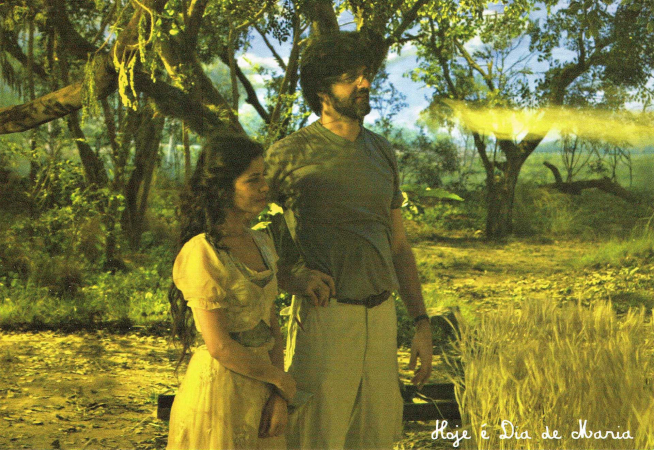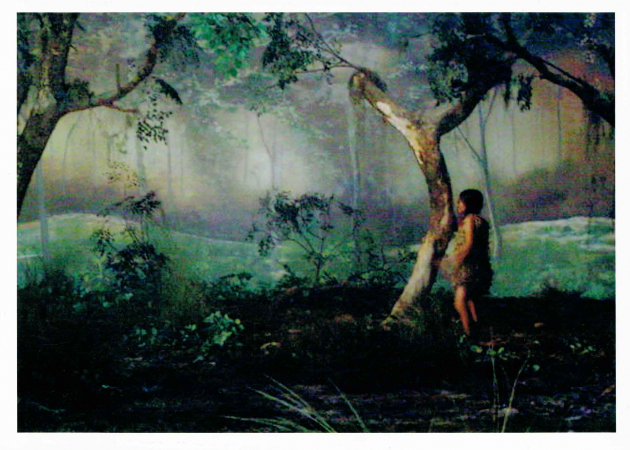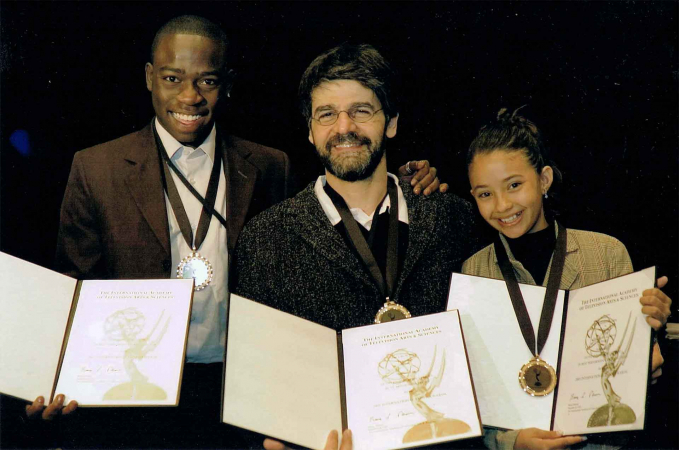The inception of Hoje é Dia de Maria was alongside the joy I felt when, as an adult, I came first knew of the folk tales collected from the Brazilian popular orality by Silvio Romero and Câmara Cascudo, among others. Soon after came the paintings by Cândido Portinari and the cirandas recreated by Villa-Lobos, then I took Carlos Alberto Soffredini’s and Luís Alberto de Abreu’s hand.
But these early masters necessarily led to further ones. Portinari was in love with Velásquez, Villa with Bach. We all know of the huge cultural melting pot still boiling down here. What is more, I believe in a genetic heritage of Brazil, its stories, races, languages, sounds; everything still lives, everything gives me the feeling that, as archetypes, they are waiting to reincarnate to continue their aesthetic missions.
The project is just a small attempt to bring us closer to one big theme: childhood. A Brazilian, poetic childhood, which is also tragic for the time being. An attempt to delve into this area of ourselves we put to so many tests. And then, with this little show, I ask you: what about our childhood? Where is it? Where did it go?
Hoje é Dia de Maria brings an assertion of the Brazilian unconscious, of the Brazilian underground, with the freedom of not being regionalist. A very delicate attempt because the thread that is leading this is that of childhood, the thread of memory. But if it had to break it down to only one word, that would be ancestry. Ancestry is something that allows us imagine more than copy. Feel more than describe and explain. Ancestry is a metaphor accessible to all of us and one that should, as with biceps today, be worked out. Ancestry crosses borders, and inexplicably, all by itself, has linked João Cabral to Seville, João Gilberto to Jazz, Ariano Suassuna to Cervantes. Ancestry is what is most modern but archaic at the same time. It is present in the most advanced research in science, in the human genome, in stem cells. Everything is reflected in ancestry, whether biological or spiritual.
As in a harvest, we are all working to return to Brazil the fruit that the people themselves sowed in the midst of their formation. The folk tales are this seed. In the eyes of today’s globalized world, I feel it is a work of immense responsibility. It may sound cliché but I would even say a work of resistance since no country may resist if it gives up its memory.





